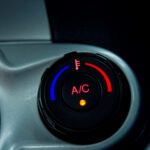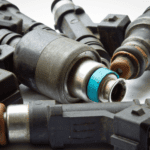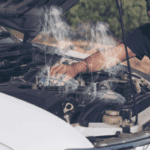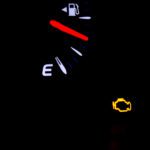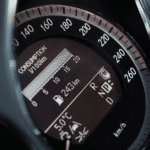Are you the proud owner of a luxury or high-performance car? Then, if your car requires it, you must use premium fuel to keep your vehicle running at its best.
High-compression engines like those in sportscars benefit from high-octane premium, and since combustion powers your car, using premium fuel can help ensure this process runs smoothly and efficiently. We know some people might be tempted to mix premium and regular gas, but we want to caution you against that. In the long run, it could end up causing problems for your car. In this article, I have explained what premium and regular gas are and how mixing it can cause issues in certain instances.
Premium vs. Regular Gas
You must first understand their differences to know if mixing the two fuels can harm your engine.
Octane rating
Premium gasoline has a higher octane rating than regular gasoline. The octane rating measures a fuel’s ability to withstand compression in an internal combustion engine without undergoing pre-ignition. In other words, the higher the octane rating, the more compression the fuel can tolerate before igniting. If a car that should run on premium high-octane gas uses regular, it may experience pre-ignition, which can cause the engine to knock and feel less smooth.
The piston in the engine compresses the fuel, and higher-octane fuel can withstand the pressure more efficiently before igniting. The longer a fuel can withstand compression, the better the engine’s performance.
Gasoline usually consists of a mixture of two compounds: iso-octane and n-heptane. The higher the octane percentage and the lower the heptane levels, the more efficient the fuel. Therefore, premium fuels typically have 90% and above octane; the remaining percentage is heptane.
Most cars have a user manual that can help owners understand their vehicles’ fuel requirements. Most standard cars require premium fuel with an octane rating of 80 or higher. However, some self-explanatory signs can help owners determine the appropriate fuel for their vehicles.
Regular gas
Regular gasoline is a car fuel commonly used in vehicles that do not require high-octane fuel. It typically has an octane rating of around 87, which is lower than the octane rating of premium gas.
Regular gasoline is a mixture of hydrocarbons, molecules made up of hydrogen and carbon. It is refined from crude oil and is generally less expensive than premium gasoline.
While regular gasoline suits most cars, high-performance engines may require premium fuel to operate at their best, using regular gasoline in such engines for extended periods can cause damage to the engine due to pre-ignition and incomplete fuel combustion.
Pricing
Premium gas stands at a higher price than regular fuel. There are a few factors at play here, but the main reason for the price difference is that premium gas generally has a higher refining cost due to the more complex process of producing fuel with a higher octane rating. Taxes and other regulatory fees can also impact the price of gasoline.
The price of premium gasoline is also due to components like alkylate, which can be expensive but is the fastest way to increase the octane count because it makes clean fuel with low carbon emissions. Therefore, almost all industries are endeavoring to acquire the compound.
While alkylate is used to make fuel for land vehicles, it is heavily used in the aviation industry. The increase in demand makes alkylate expensive and highly desirable for every industry. As a result, premium gas becomes quite costly.
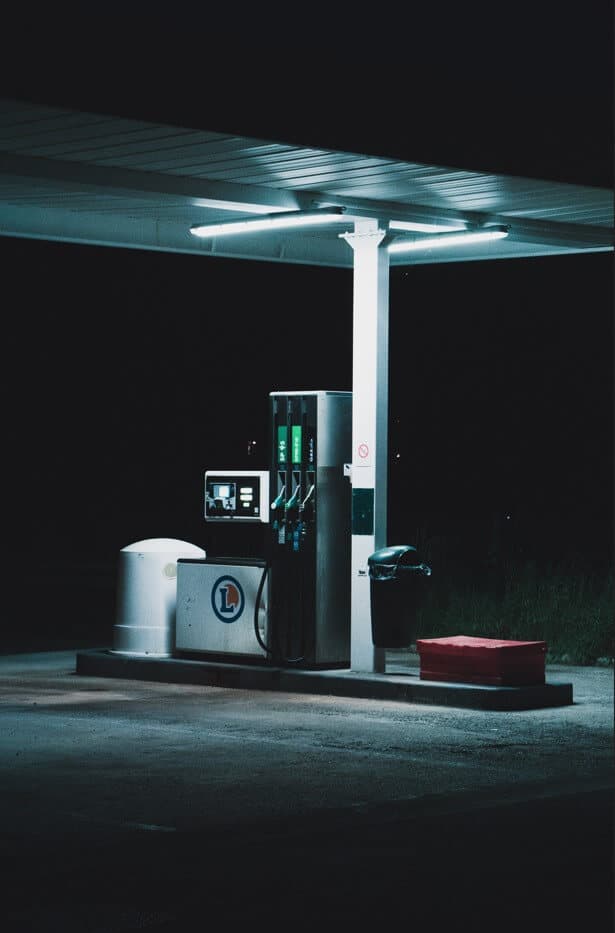
Is Mixing Two Fuels Harmful?
If your car needs premium fuel but keeps using regular gas, the results can be bad in the long run. This is because your engine adjusts its performance to the type of fuel you use over time, and with lower-quality fuel, its performance will change over time and eventually worsen. This will show up as a build-up of contaminants in the cylinder, knocking noises, and, finally, engine failure. You might save some pennies by opting for regular gas. However, the effects on your engine will be irreversible.
The user manual and the fuel filler cap list your car’s best octane rating.
Two numbers on the gas filler door show the minimum and maximum octane ratings. An ordinary car with a standard engine may perform better if you mix two fuels, giving you better mileage.
Frequently Asked Questions
What happens if you accidently mix premium and regular gas?
Absolutely nothing. The car will continue as usual, and doing this once will not cause a problem. Modern vehicles will not break down overnight if you put the wrong octane fuel in; they will continue as usual for quite a while. Just over a period, you can expect problems to start, so mixing premium and regular gas once or twice by mistake is perfectly safe.
Does premium gas last longer?
This is a bit of a misconception; some people presume that premium gas lasts longer because of the higher price, but this is not true. Premium gas will not get you any better MPG than regular gas; however, some engines, mainly performance engines, require the additional properties that premium gas provides to run efficiently. So, in that sense, premium gas will last longer.
Conclusion
Car owners should understand their cars’ requirements to keep them running for as long as possible. Sure, regular maintenance can increase your vehicle engine life, but the essential aspects that keep your car in tip-top shape are the quality and type of fuel. So, don’t use or mix fuels with lower octane ratings if you have a car that needs premium gas.

